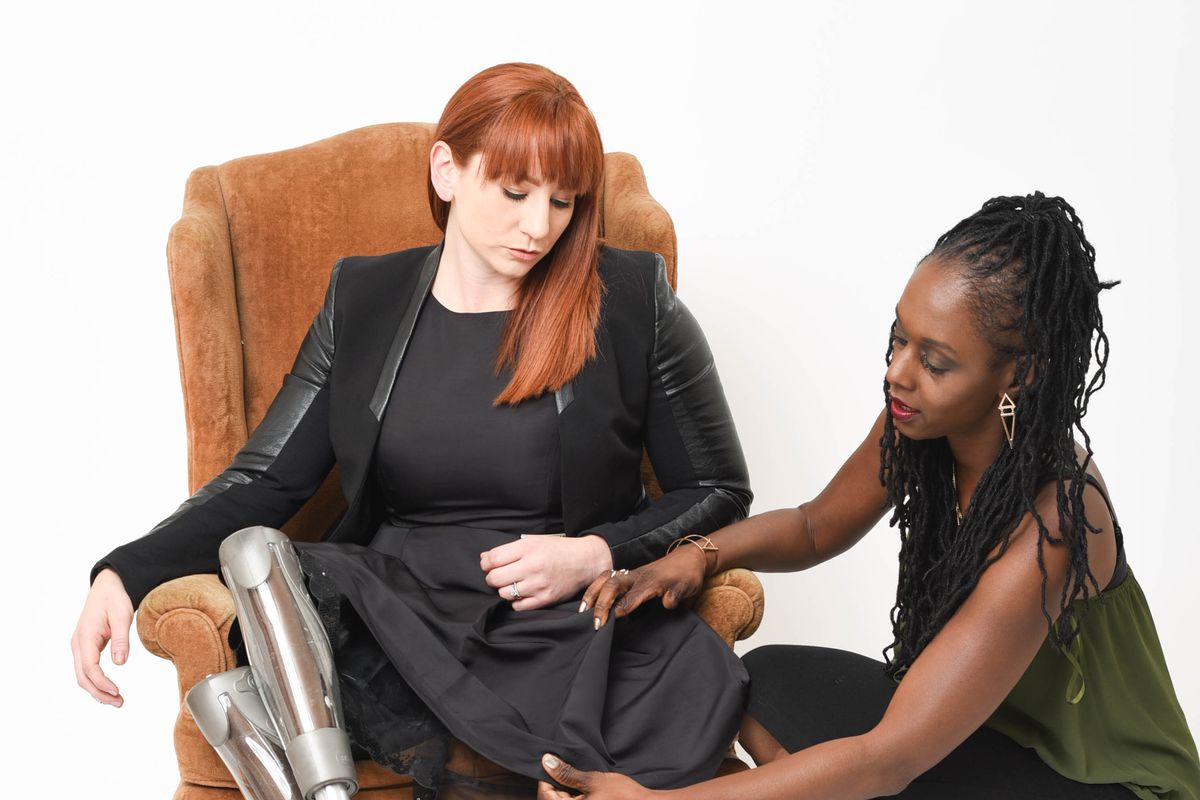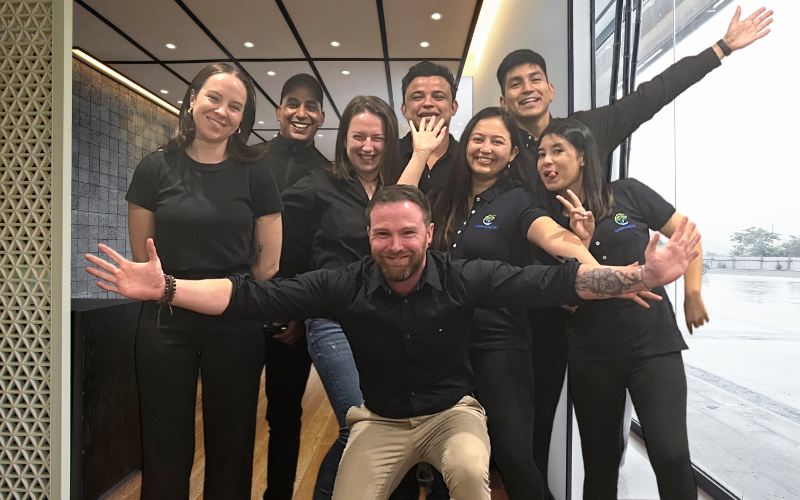Empathy First: Building Trust with Stubborn Disability Clients

For businesses and organizations that work with disability clients, it’s important to understand that trust needs to be earned. However, for clients who have faced a lifetime of discrimination and obstacles, building trust can be an especially difficult task. In order to build that trust, it’s crucial to lead with empathy. By showing that you genuinely care about a client’s needs and concerns, you can begin to establish a foundation of trust that will be essential for a successful working relationship. This blog will explore some strategies for building trust with stubborn disability clients.
1. Listen more than you talk:
Stubborn clients often feel like they’ve been ignored or dismissed in the past. Making yourself a good listener is a powerful way to show that you respect their experiences and opinions. Avoid interrupting them or trying to steer the conversation in a certain direction. Let them guide the conversation and guide you towards understanding their needs.
2. Be patient with stubborn clients:
It can be frustrating when a client seems closed off or resistant to change. However, it’s important to remember that change can be hard, even for people without disabilities. Take the time to explain things in a way that makes sense, and be willing to repeat yourself as many times as necessary. Rushing someone into a decision usually leads to resentment.
3. Try to understand their perspective:
Empathy is all about seeing things from the other person’s point of view. Clients with disabilities often face barriers that able-bodied people never even have to consider. Take the time to try and understand what they’re up against, and why they might be hesitant to trust you. This can help you approach them in a more effective way
4. Be honest and transparent with stubborn clients:
Building trust is impossible without honesty. If a client asks you a question you don’t know the answer to, it’s okay to admit that – but be sure to follow up with them once you’ve got the information they need. Be open about what you can and can’t do for them, and set realistic expectations about what you can accomplish together.
5. Don't make assumptions:
Everyone is different, and every client has different needs and preferences. Resist the urge to make assumptions about what a client can or can’t do, or what they want from you. Ask questions, and get to know them as individuals. This shows that you see them as people, not just as clients.
Conclusion:
Working with stubborn disability clients can be a challenging experience, but it doesn’t have to be a negative one. By focusing on empathy, patience, honesty, and attentiveness, you can build a relationship built on trust. This will not only lead to better outcomes for the clients themselves, but for your business or organization as well. At its core, the goal of this kind of work is to help people live the most fulfilling and independent lives possible. By showing that you care and that you’re willing to do the hard work of building relationships, you can help make that goal a reality.
Book a free Consultation with us today!
Mobile : 1800960068
Email : contactus@iseeksupport.au









